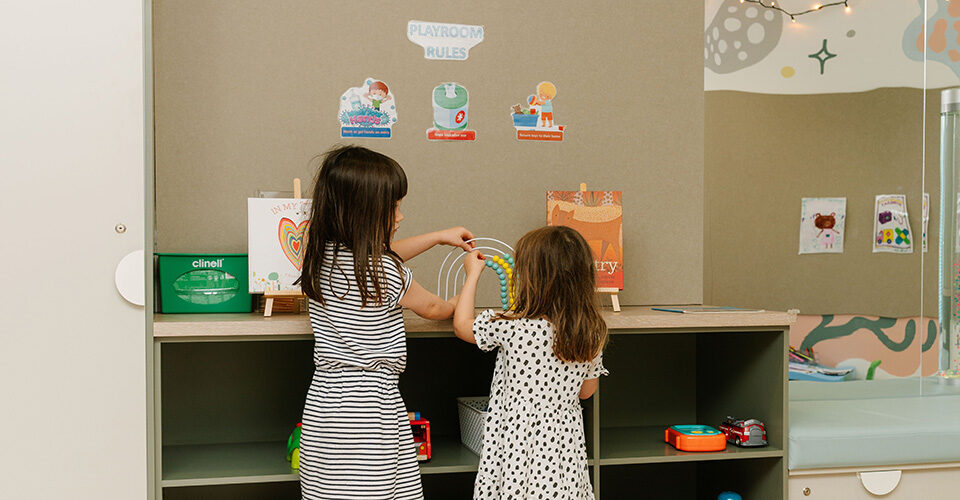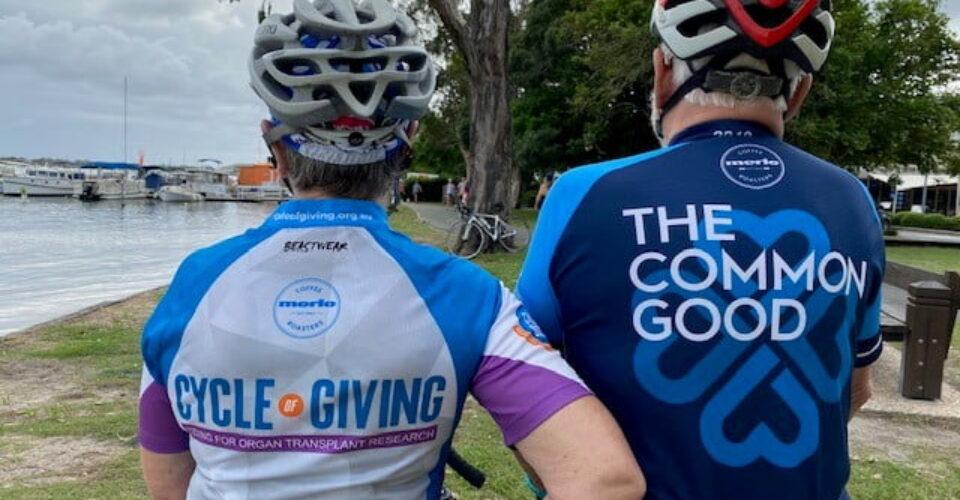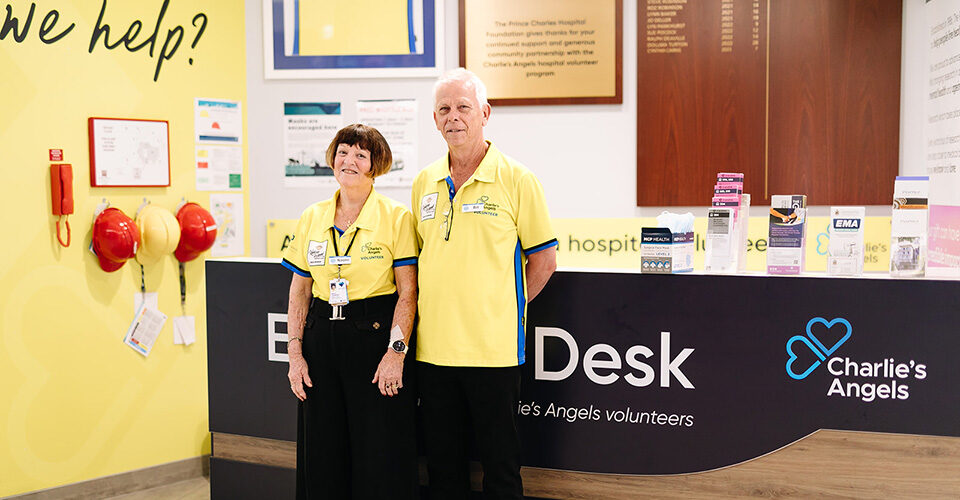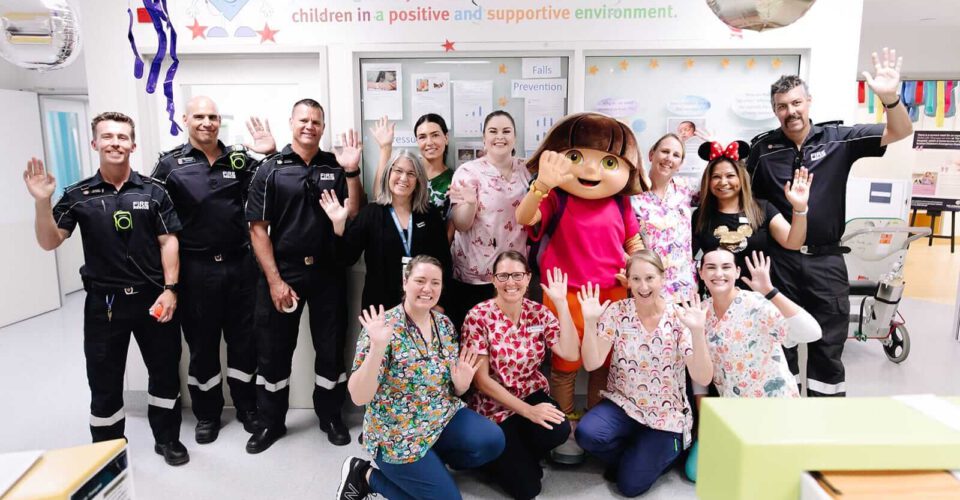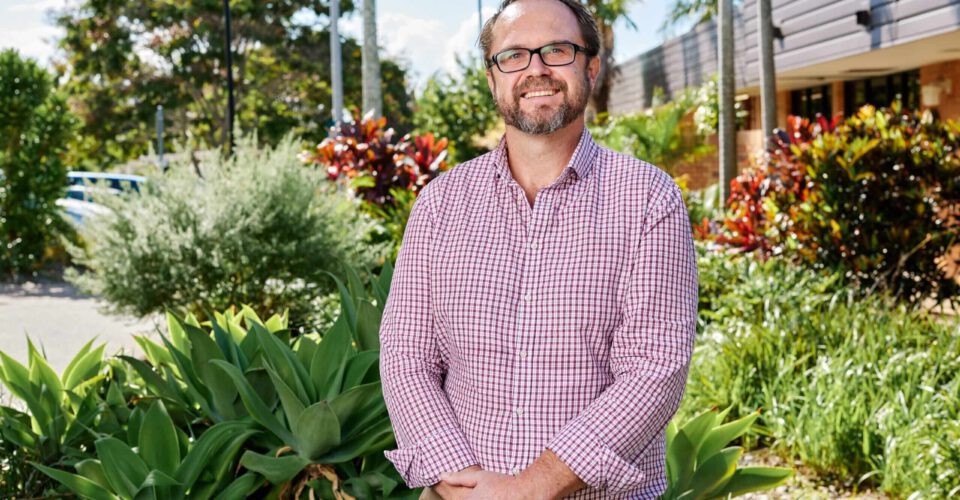When children present at the Emergency Department they are already anxious or in pain or discomfort due to their ill health. It can be a daunting experience for a young child, particularly if they require investigations or treatments that are unfamiliar or unpleasant. This is where a Child Life Therapist can play a vital role, by supporting children and their families through their Emergency Department journey. Making this journey easier not only improves the lives of sick children while they are in hospital, but also helps to get them home sooner.
The Curing Homesickness initiative will fund, thanks to their major partner Coles, a pilot program which will employ a Child Life Therapist at The Prince Charles Hospital’s Children’s Emergency Department and short stay unit for a period of two years. A Child Life Therapist will not only be beneficial for young patients at the hospital but also the families of children and the hospital staff.
Research has shown that a Child Life Therapist can improve coping strategies and reduce fear, anxiety, pain and stress levels among hospitalised children. By utilising techniques such as medical play and education they prepare children for a range of medical procedures and provide distractions to interventions that are painful or frightening. Child Life Therapists also play an important role in alleviating stress and providing reassurance to the families of children attending the Emergency Department.
The Prince Charles Hospital’s Clinical Director, Children’s Emergency Department, Dr David Wood discusses the important role a Child Life Therapist can have on the treatment of a child in the Emergency Department.
“One of the most significant impacts a Child Life Therapist can have in an Emergency Department is to improve a child’s ability to manage their pain, therefore, reducing a child’s need for sedation,” Dr Wood said.
“Sedation increases the length of hospital stay for a child so if we can reduce the need for sedation or the amount of sedation required it means children can leave hospital sooner.”
Similarly, techniques used by a Child Life Therapist can help get a child to have medical investigations or treatments promptly. For example, a Child Life Therapist can help children overcome a fear of needles so that a blood test can be carried out or an important medicine administered quickly. Receiving vital treatments earlier can lead to a faster recovery and a shorter stay in hospital.
Having a more positive experience during their Emergency Department stay can also result in a child being more compliant with future procedures. This is especially helpful for children who require hospital care frequently, such as those with chronic illnesses.
The Common Good’s Chief Executive Officer, Michael Hornby is so grateful to Coles and the Curing Homesickness Campaign for helping raise funds for the pilot program.
“Our Children’s Emergency Department, the second busiest in Queensland, provides the best care possible, but the less time that children have to spend in hospital the better. A Child Life Therapist will greatly assist children to get better sooner, so they can leave their hospital bed for the comfort of their home.”

